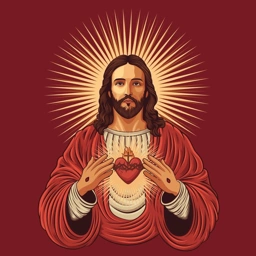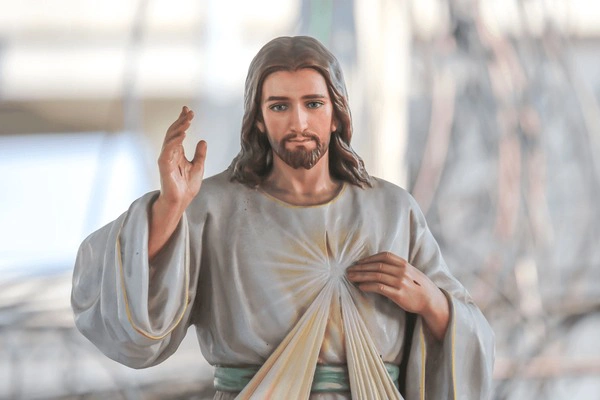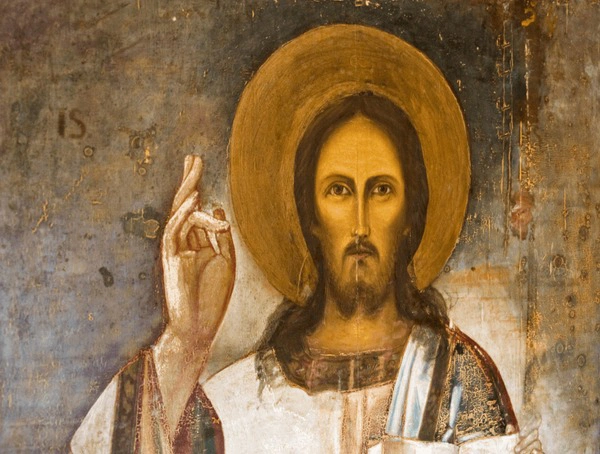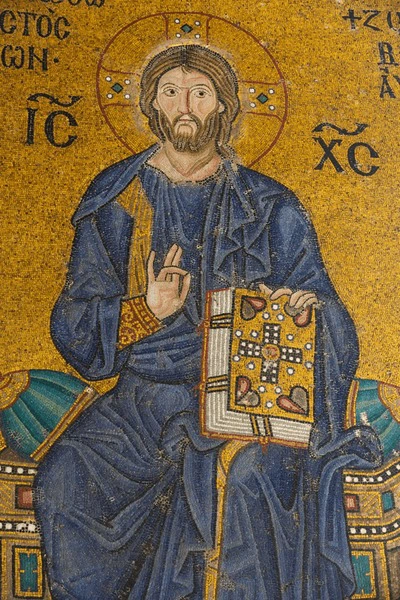
5 Reasons Jesus is Called the Messiah

Jesus is revered as the Messiah for fulfilling ancient prophecies, offering salvation, teaching profound truths, performing miracles, and establishing a new covenant. These aspects of his life and mission continue to inspire and guide believers, affirming his role as the promised savior and divine teacher.
Emily Carter
01/12/2024 - 11 seconds ago
1 - Fulfillment of Prophecies

In the scriptures, numerous prophecies spoke of a coming Messiah who would save the people. Jesus's life and mission are seen as the fulfillment of these ancient predictions. For instance, the prophet Isaiah described a suffering servant who would bear the sins of many—a role Jesus embodied through his crucifixion and resurrection.
The Old Testament contains over 300 prophecies about the Messiah, and Christians believe Jesus fulfilled them. One notable example is his birth in Bethlehem, as foretold by the prophet Micah. This alignment of Jesus’s life events with biblical prophecies strengthens the belief that he is indeed the Messiah.
For believers today, seeing Jesus as the fulfillment of prophecy provides a sense of continuity and reliability in their faith. It reassures them that God's promises are true and can be trusted, encouraging them to live with hope and confidence in God's plan.
1 - The Savior of Humanity

The title 'Messiah' signifies a savior or deliverer, roles that Jesus is believed to fulfill through his teachings and sacrifice. By offering salvation from sin, Jesus provides a pathway to eternal life with God. This spiritual rescue mission is central to the Christian faith.
Through his death and resurrection, Jesus offers redemption to all who believe. This act of ultimate love and sacrifice underscores his role as the Messiah, bringing new hope to a fallen world. His life exemplifies the perfect blend of justice and mercy, qualities expected of the Messiah.
For modern believers, Jesus’s role as Savior is a source of personal transformation. It invites individuals to embrace a new way of living, characterized by love, forgiveness, and a commitment to following Jesus’s teachings.
1 - Teacher and Preacher of Truth

Jesus is recognized as the Messiah not only for his sacrifice but also for his teachings. He imparted wisdom through parables and sermons that continue to guide believers. His messages of love, compassion, and forgiveness are central to his identity as the Messiah.
The Sermon on the Mount, for example, is a cornerstone of Jesus’s teachings, where he outlines principles of humility, justice, and love. These teachings provide a blueprint for living a God-centered life, making Jesus a revered teacher and preacher.
For those seeking guidance in today’s world, Jesus’s teachings offer timeless wisdom. They encourage believers to live ethically and compassionately, reflecting the values of the Kingdom of God that Jesus proclaimed.
1 - Miracles as Signs of Divine Authority
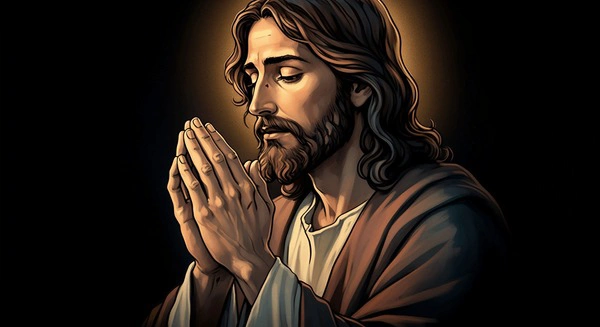
Miracles performed by Jesus serve as powerful signs of his divine authority and Messiahship. From healing the sick to calming storms, these acts demonstrate his power over nature and illness, affirming his connection to God.
The miracles are not merely displays of power; they are acts of compassion that illustrate Jesus’s concern for humanity. They reveal his divine nature and fulfill the expectations of a Messiah who would bring divine intervention to the world.
For believers, these miracles strengthen their faith in Jesus as the Messiah. They serve as reminders of God’s active presence in the world and his ability to intervene in personal and global challenges.
1 - The Promise of a New Covenant
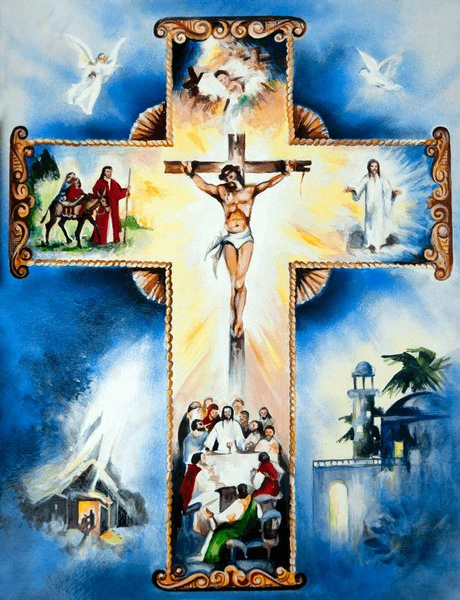
Jesus is called the Messiah because he ushered in a new covenant between God and humanity. This agreement, based on grace rather than law, signifies a shift from the old ways to a new relationship with God through faith in Jesus.
At the Last Supper, Jesus spoke of this new covenant, symbolized by bread and wine. This act established a new foundation for faith, emphasizing inner transformation over ritualistic adherence to the law.
Today, believers find comfort in this promise, as it assures them of God's unending love and grace. It invites them to participate in a transformative relationship with God, rooted in faith and love rather than fear and obligation.







